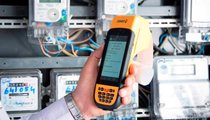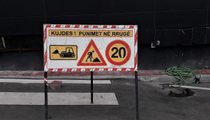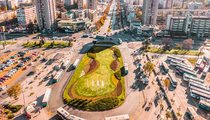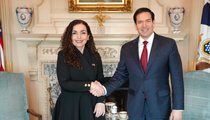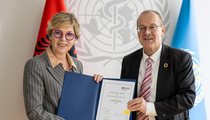German companies "finance" the war in Ukraine - They have paid 1.7 billion euros in taxes to the Kremlin since the beginning of the conflict
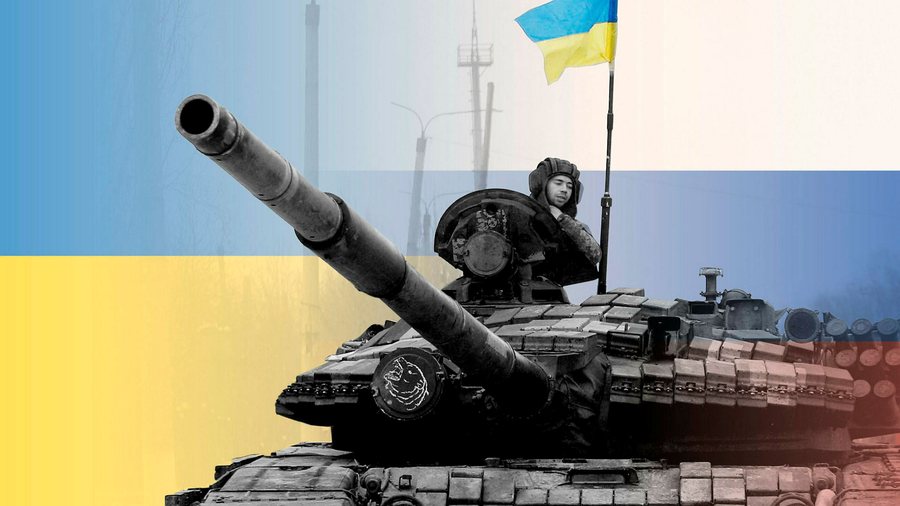
German companies have paid almost 1.72 billion euros in taxes to the Kremlin since the start of the Russian invasion of Ukraine, enough to finance 10,000 attack drones. More than half of the firms that operated in Russia before the war still remain there, according to a new report.
Legally, the roughly 250 German companies still active in Russia are not doing anything illegal. Many of them, such as cheese maker Hochland and plaster manufacturer Knauf, which produce fast-moving consumer goods, do not in principle violate EU regulations. However, critics believe that contributing to the Kremlin's war is an issue that needs to be addressed.
“Companies support Russia’s war economy through the taxes they pay,” explained one industry analyst. He argues that by not acting, they are directly contributing to the Russian economy, making themselves partly responsible for Moscow’s attacks.
According to a report by the Kiev School of Economics and B4Ukraine, international firms that continue to operate in Russia will pay at least 17 billion euros in taxes to the Russian state in 2024 alone. German companies are among them.
Since Russia's full invasion of Ukraine in early 2022, the total has reached around 52 billion euros. According to B4Ukraine, Russia pays around 16,000 euros to recruit a person for military service in the war.
The 52 billion euros is roughly half of Russia's 2025 defense budget of 125 billion euros, according to the International Institute for Strategic Studies. That's enough to fund more than 1 million Russian soldiers. German companies are the Kremlin's second-largest taxpayers, after American firms.
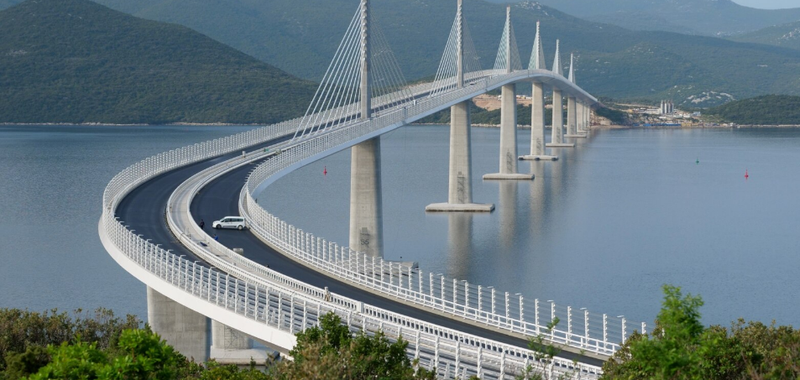
Trade deficit in Montenegro increases - Exports cover only 12.6% of imports
Montenegro's total foreign trade for the period January-September 2025 amounted to 3.69 billion euros, according to preliminary data from the Statistical......

“Insurance on the rise, but the market remains concentrated”/ AFSA: Compulsory insurance accounts for 61.8% of the total. Non-life also dominates
The insurance market in Albania is experiencing steady growth, but remains heavily dependent on compulsory motor insurance. The latest data from the......
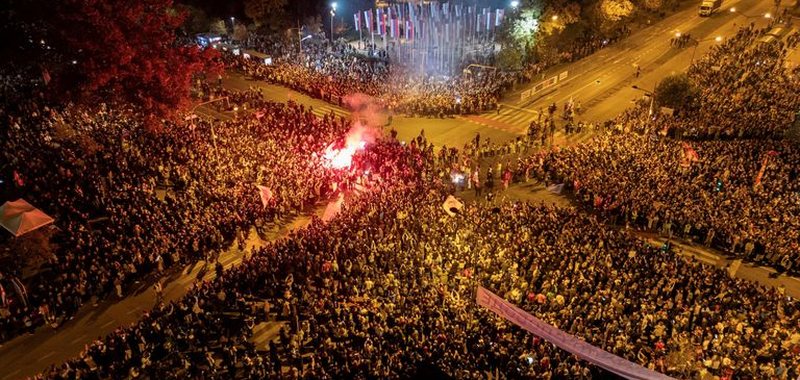
One year after the Novi Sad accident in Serbia, citizens erupt in protests. Vučić: There will be no change of government
Tens of thousands of students and opponents of Serbia's current president, Aleksandar Vučić, gathered in the northern city of Novi Sad to hold a memorial......
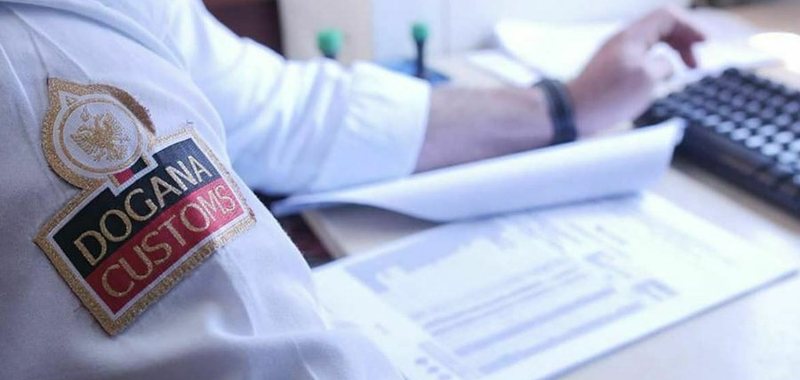
Customs, 0.23 days less are spent for each procedure/ Processing time at the border is reduced, 41 services are offered online
Customs procedures have been significantly simplified for businesses, reducing bureaucracy and their waiting time. Albanian Customs has announced......
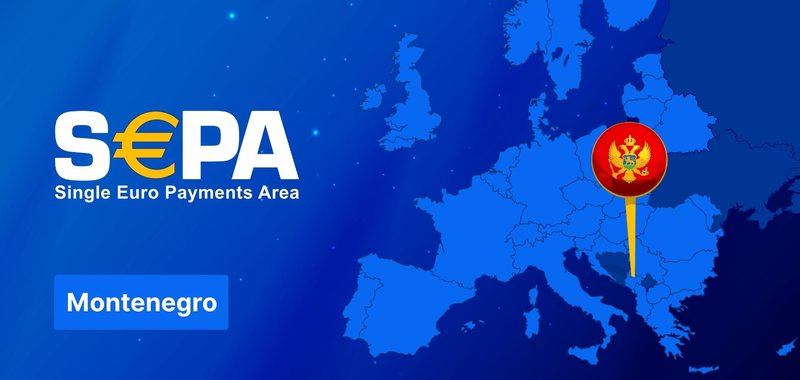
Montenegro, SEPA membership saves 38 million euros/ Faster and cheaper transfers for individuals, businesses
By joining the Single Euro Payments Area (SEPA), Montenegro has become part of the financial core of the European Union. This allows citizens and businesses......
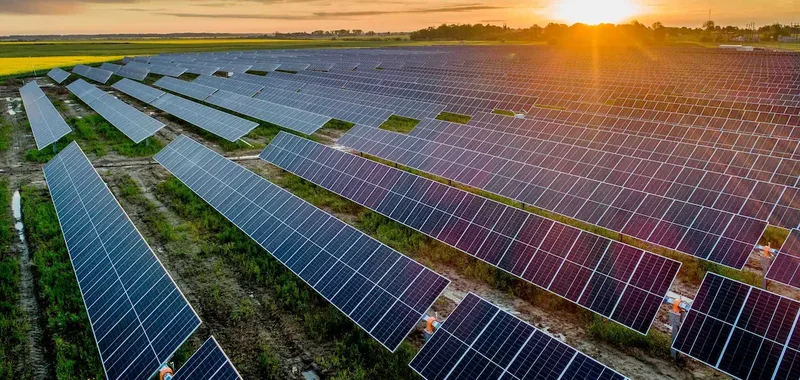
211.8 MW of energy licensed/Solar energy dominates with 16 projects, 4 more hydropower plants planned
The first ten months of 2025 have seen a high number of licenses issued for electricity production. According to official data from the Energy Regulatory......

Croatian pizza is "served" at a high cost/ Croatia, the country with the highest price increase in the EU
Croatia has seen the biggest increase in the price of pizza in the European Union over the past year, according to the latest data from Eurostat. Between......
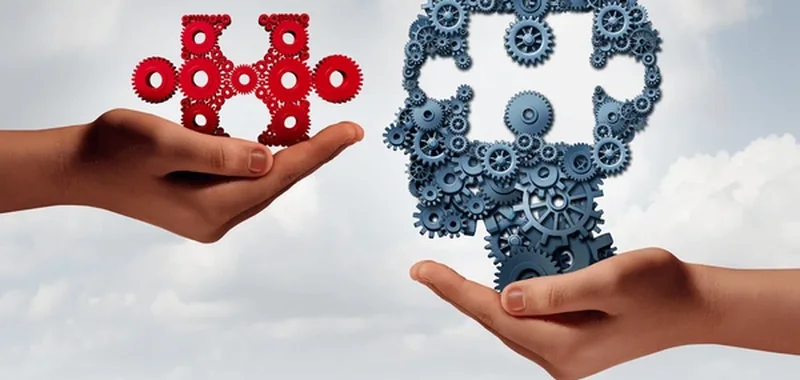
8,700 citizens gained new skills in 9 months/ How is Albania changing through vocational training?
During the first 9 months of 2025, 8,707 individuals in Albania have benefited from Vocational Training programs, gaining new skills and opening up real......






